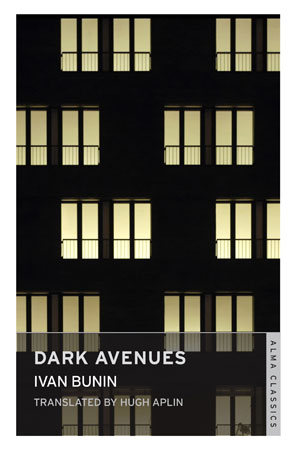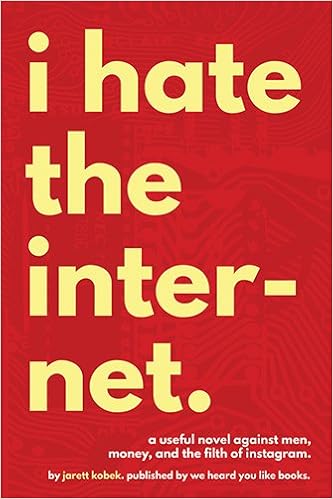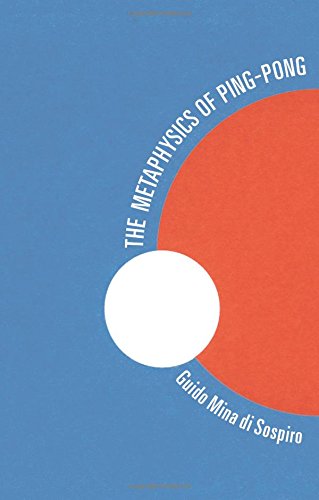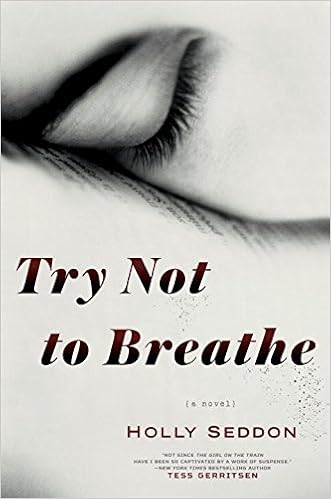 If you’re looking for a point of comparison, I’d say Bunin as a writer is similar to Chekhov, that’s his model. Though he is darker, more risqué and also narrower in his sympathies. There are some people, you feel, that Bunin is just not interested in – something you never feel with Chekhov. There are some people, you feel, that Bunin is just not interested in – something you never feel with Chekhov. Bunin is a little old-fashioned or out of touch too, you sense. Set in his ways. You read a story written in the ‘40s – and so contemporaneous with Hemingway, Waugh and Greene – and the people are behaving like turn of the century Russian nobility.
If you’re looking for a point of comparison, I’d say Bunin as a writer is similar to Chekhov, that’s his model. Though he is darker, more risqué and also narrower in his sympathies. There are some people, you feel, that Bunin is just not interested in – something you never feel with Chekhov. There are some people, you feel, that Bunin is just not interested in – something you never feel with Chekhov. Bunin is a little old-fashioned or out of touch too, you sense. Set in his ways. You read a story written in the ‘40s – and so contemporaneous with Hemingway, Waugh and Greene – and the people are behaving like turn of the century Russian nobility.
A review of West by Julia Franck
 West is part espionage thriller, part social realism (circa late ‘70s, early ‘80s) and probably partly autobiographical as well: as a young girl, Julia Franck crossed from East to West Germany with her family. The milieu of a reception centre in West Berlin has a banal horror to it, something akin to the quality of a (childhood) nightmare. Families share rooms with strangers and sleep in bunk beds.
West is part espionage thriller, part social realism (circa late ‘70s, early ‘80s) and probably partly autobiographical as well: as a young girl, Julia Franck crossed from East to West Germany with her family. The milieu of a reception centre in West Berlin has a banal horror to it, something akin to the quality of a (childhood) nightmare. Families share rooms with strangers and sleep in bunk beds.
An interview with Dawn Anahid Mackeen
 The author of The Hundred-Year Walk: An Armenian Odyssey talks about what compelled her to write her book, about her grandfather and the mandate his journals gave her, about the dangers and surprises of writing the book, about Raqqa, writing about genocide, about her own involvement and heritage, about her research and visiting Turkey, and lots more.
The author of The Hundred-Year Walk: An Armenian Odyssey talks about what compelled her to write her book, about her grandfather and the mandate his journals gave her, about the dangers and surprises of writing the book, about Raqqa, writing about genocide, about her own involvement and heritage, about her research and visiting Turkey, and lots more.
A review of Crochet Stitch Guide by Jean Leinhauser & Mary Ann Frits

Each of simple-to-follow, first-rate instructions is presented with a nice clear photograph of each of the various stitches detailed in the book. I particularly like the variety of stitches offered in 7 kinds of stitches including shells, textures, clusters, picots, V stitches, special stitches and miscellaneous.
A review of I Hate the Internet by Jarett Kobek
 The vitriol of I hate the internet is the misery of the bourgeoisie, almost all of which “lack eumelanin in the basale strata of their epidermis” (as Kobek repeatedly describes whiteness); I sympathize regardless of my eumelaninlessness. More than being a prolonged expletive flailing absurdly about like a verbal Bernie Dance though, this self-described “bad novel” is a madcap, mad-dog, remonstration of Post-Industrial America.
The vitriol of I hate the internet is the misery of the bourgeoisie, almost all of which “lack eumelanin in the basale strata of their epidermis” (as Kobek repeatedly describes whiteness); I sympathize regardless of my eumelaninlessness. More than being a prolonged expletive flailing absurdly about like a verbal Bernie Dance though, this self-described “bad novel” is a madcap, mad-dog, remonstration of Post-Industrial America.
A review of Bad Behaviour by Rebecca Starford
 The writing is beautiful throughout, without ever over-shadowing the plot or narrative flow, which moves forward quickly. Starford remains non-judgmental, even towards those who caused her the greatest pain, including the many adults who clearly failed in their duty of care.
The writing is beautiful throughout, without ever over-shadowing the plot or narrative flow, which moves forward quickly. Starford remains non-judgmental, even towards those who caused her the greatest pain, including the many adults who clearly failed in their duty of care.
A review of The Metaphysics of Ping Pong by Guido Mina di Sospiro
 The humility to which he begins his story is surprising given this title, starting with a simple, “my full-blown obsession with ping-pong began four years ago with the semi-epic road trip.” From the there the story follows a surprisingly human pattern: Beaten by son (at ping-pong), age begins to show (as blood pressure), attempts to reclaim youthfulness (or, at least, not die).
The humility to which he begins his story is surprising given this title, starting with a simple, “my full-blown obsession with ping-pong began four years ago with the semi-epic road trip.” From the there the story follows a surprisingly human pattern: Beaten by son (at ping-pong), age begins to show (as blood pressure), attempts to reclaim youthfulness (or, at least, not die).
A review of Medicine Buddha/Medicine Mind by Charlene Jones
 Medicine Buddha/Medicine Mind describes in simple terms how our brains work with meditation. As Jones shares the dreadfulness experienced during her teens, we chart her journey to enlightenment and a life without suffering via visualization and meditation.
Medicine Buddha/Medicine Mind describes in simple terms how our brains work with meditation. As Jones shares the dreadfulness experienced during her teens, we chart her journey to enlightenment and a life without suffering via visualization and meditation.
A review of Try Not to Breathe by Holly Seddon
 It worked for Gone Girl. Not to the same degree, it works for Try Not To Breathe. That’s what Seddon brings to fruition more than anything. It’s the same way her stretching into sci-fi with her short story “Graduate Schemes,” published in the dystopian anthology Broken Worlds, leans closer to squabbling than the high stakes of a truly broken world.
It worked for Gone Girl. Not to the same degree, it works for Try Not To Breathe. That’s what Seddon brings to fruition more than anything. It’s the same way her stretching into sci-fi with her short story “Graduate Schemes,” published in the dystopian anthology Broken Worlds, leans closer to squabbling than the high stakes of a truly broken world.
A review of Everyday Epic by Anna Kerdijk Nicholson
 Kerdijk Nicholson’s poems are not difficult to read: they flow in straightforward rhythms, and take on familiar landscapes and territories, but the poems in Everyday Epic are much more complex then they seem at first glance. It is through the everyday moments of such universal elements as love, grief, work, that we find the epic, and in those old stories of conquest and domination, where we find our most shameful and least ‘epic’ natures.
Kerdijk Nicholson’s poems are not difficult to read: they flow in straightforward rhythms, and take on familiar landscapes and territories, but the poems in Everyday Epic are much more complex then they seem at first glance. It is through the everyday moments of such universal elements as love, grief, work, that we find the epic, and in those old stories of conquest and domination, where we find our most shameful and least ‘epic’ natures.